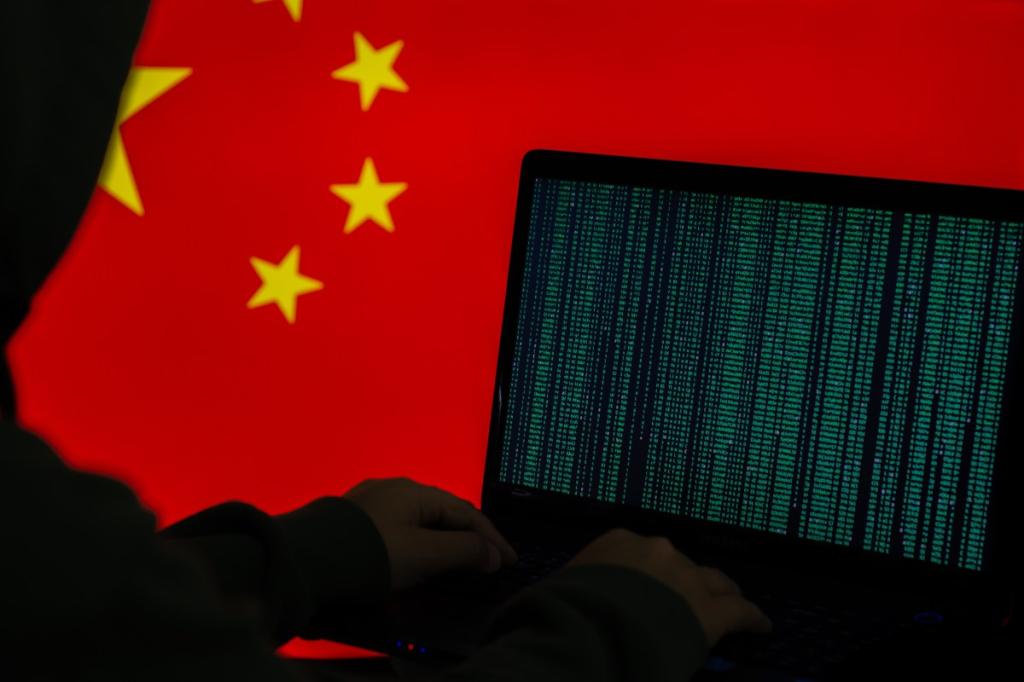South Korea Fights Deepfake Exploitation on Telegram
Explore South Korea's efforts to combat deepfake exploitation on Telegram as authorities tackle rising digital sex crimes and enhance victim protections.

Key Points
- South Korean police are investigating Telegram
for facilitating the distribution of deepfake pornography, focusing on the rising exploitation of minors.
- This marks a crucial step in addressing the epidemic of digital sex crimes and the need for stronger legislation and victim support systems.
- Efforts must prioritize public awareness campaigns and cross-collaboration among tech companies, law enforcement, and advocacy groups to enhance digital safety.
In today’s digital age, the rapid advancement of technology empowers creativity and self-expression. However, it also poses significant risks, especially in the realm of deepfake technology. South Korean authorities are stepping up their efforts to address these challenges, particularly regarding the alarming rise in deepfake exploitation on the encrypted messaging platform, Telegram.
The
(KNPA) has recently launched an investigation into Telegram, accusing the platform of facilitating the distribution of deepfake pornography, including explicit images of minors. This troubling trend highlights a growing epidemic of digital sex crimes that continue to challenge law enforcement agencies worldwide.
The Rise of Deepfake Technology
Deepfake technology uses artificial intelligence to create realistic-looking fake images or videos by superimposing one person’s likeness onto another’s. While this technology has legitimate applications, such as in film and television, it has also been weaponized for malicious purposes. According to the police, many of the victims of deepfake pornography are young women, with reports indicating that over 60% of victims are minors.
The recent surge in deepfake-related crimes can be partly attributed to the ease with which perpetrators capture images from social media platforms, later manipulating these images to produce unauthorized and explicit content. To put this in context, the KNPA reported receiving a staggering 88 reports of deepfake pornography within a single week, significantly higher than the weekly average of 10 reports seen earlier in the year.

Police Action and Challenges
In response to this alarming increase in deepfake crimes, South Korean police have taken decisive action. They have classified the examination of Telegram as a formal investigation, marking the first time that such an inquiry has been initiated against the company. In seeking greater cooperation from Telegram, authorities hope to access crucial user data that may facilitate their investigations.
However, the challenges are immense. Telegram has consistently faced criticism for its lack of transparency and responsiveness to investigations across the globe. Past efforts by law enforcement in other jurisdictions, including the United States and France, have also revealed similar hurdles when urging Telegram for cooperation.
For instance,
, Telegram's founder, was arrested in France after failing to curb extremist and illegal content on his platform. This incident has galvanized South Korean officials to push for stronger regulations to enhance accountability within tech companies like Telegram.
The Need for Comprehensive Legislation
While law enforcement is ramping up its efforts, experts argue that legal frameworks must evolve simultaneously. The existing legislation surrounding digital privacy and sex crimes remains inadequate to tackle the complexities posed by technology like deepfake. South Korean President Yoon Suk Yeol has emphasized the critical need for comprehensive measures to combat digital sex crimes and protect vulnerable populations.
This movement reflects a broader international conversation around technology regulation. As digital tools become instruments for exploitation, there is an urgent need to advocate for victims' rights and establish a legal framework that holds perpetrators accountable.
Public Awareness and Support Systems
Another crucial aspect of addressing deepfake exploitation involves empowering potential victims. Public awareness campaigns can play a fundamental role in educating individuals on recognizing deepfake content and understanding their rights. Support systems must also be enhanced to provide victims with resources and avenues for reporting incidents swiftly and effectively.
Additionally, fostering collaboration between tech companies, law enforcement, and advocacy organizations can create a holistic approach to tackling deepfake exploitation. By uniting to share best practices, resources, and intelligence, stakeholders can ensure a more secure digital environment.
In the face of emerging digital threats, proactive collaboration and legislative reform will be vital in combating deepfake exploitation and protecting individuals from exploitation. The ongoing investigations into Telegram reflect critical steps toward addressing these pressing issues, yet it is clear that a collaborative effort is essential for meaningful change.
As technology continues to evolve, staying ahead of malicious uses of emerging tools like deepfake technology will be paramount. By fostering awareness, enhancing legal frameworks, and promoting cooperation among stakeholders, we can work together to safeguard our digital spaces and protect the rights and dignity of every individual.


